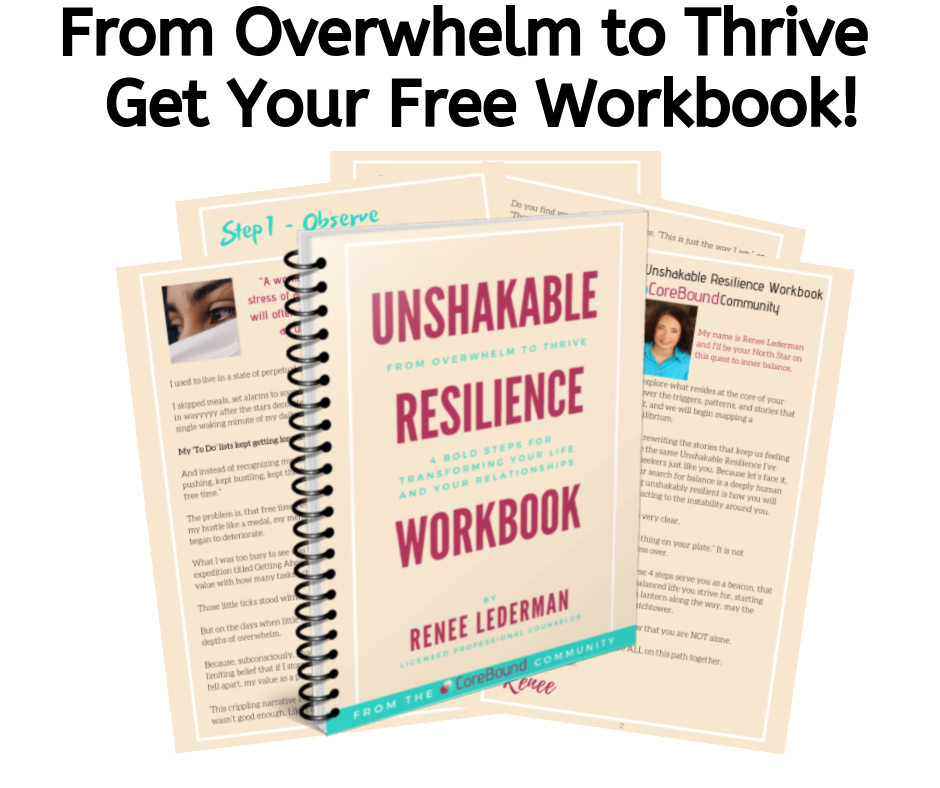
Setting Boundaries
In any relationship, whether personal or professional, setting boundaries is vital. Your relationships will be healthier, and you will have the emotional and psychological space to thrive. Yet setting boundaries is a skill that can be tough to master. Here are some active steps you can take to create healthy boundaries.
Identify Your Boundary Limits
Setting boundaries requires you to do some introspection. How can you build a fence if you don’t know where your property line is? Begin by tuning into your feelings. Notice what situations cause you to feel uncomfortable, stressed, angry, or resentful. Odds are high that your feelings are caused by crossing your limits. Keeping a journal can help you take an objective look at stressful situations and identify which specific limits were crossed.
Know Non Physical And Physical Boundary Violations
There are many types of behavioral boundaries in relationships. It’s vital to understand specific boundary violations as you begin to set and master your boundary limits. This list illustrates behaviors that are unacceptable. These behaviors and actions should not be tolerated or accepted as okay. Don’t let others cross the line. If they do, politely call it to their attention and let them know you are setting new boundaries and this is unacceptable for you. It may take several times of reminding them you are fully committed to improving your relationship and respect for your boundaries is going to be a necessary part of the process.
Non Physical Boundary Violations:
- By word or deed, indicate that a person is worth less.
- Yelling or screaming.
- Ridiculing or making fun of.
- Lying.
- Breaking a commitment for no reason.
- Attempting to control or manipulate another person.
- Being sarcastic while being intimate.
- Interrupting.
- Blaming.
Physical Boundary Violations:
- Standing in another’s personal space without his/her permission.
- Touching another person without his/her permission.
- Getting into a person’s belongings and living space such as one’s purse, wallet, mail and closet without his/her permission.
- Listening to a person’s personal conversations or telephone conversations without his/her permission.
- Not allowing a person to have privacy or violating a person’s right to privacy.
- Exposing others to contagious illness.
- Smoking around nonsmokers in an identified non smoking area.
Be Forthright
Once you know what you can and can’t tolerate, don’t be afraid to tell people. You don’t need to go around announcing every boundary to every person—in fact, when dealing with people who have similar values and personalities to your own, boundary discussions may never come up, as you will likely approach each other in a similar way.
However, even people that you are very close to may have different boundaries than your own. When you notice yourself becoming tense and uncomfortable with someone, start a dialogue. Explain how you are feeling and what your boundary is. Some boundaries require a bit of compromise, as in a romantic relationship where one partner needs lots of space and the other needs lots of closeness, but you should never agree to behavior that is a clear violation of one of your boundaries.
Own Your Boundaries
Many people have trouble enforcing their boundaries due to feelings of guilt, fear, or self-doubt. Especially in your closest relationships, you might worry that you will anger the other person or even feel that setting boundaries means you are not a good partner, son, or daughter. In reality, though, boundaries are a sign of healthy self-respect and generally lead to healthier relationships. If someone becomes upset with your boundaries, it reflects that person’s issues, not yours. Own your boundaries and work hard to preserve them.
Remain Self-Aware
Very few people are naturally good at setting and sticking to boundaries. Now that you know how it feels when your boundaries are crossed, check in with yourself now and then. If you are starting to feel stressed or resentful, you may need to make a new commitment to honoring your boundaries.
Consider Environmental Factors
Your past and present environments play a large role in your ability to set healthy boundaries. If you were the caretaker of your family, you became accustomed to ignoring your own needs in service to others. If you are currently surrounded by psychologically unhealthy people, you may be giving more than you get. If you are in a job that demands a lot of overtime, you might feel pressured to constantly give more and more, regardless of what you need or want.
Combat these environmental drains on your boundaries by prioritizing self-care. As the airplane safety spiel goes, “put on your own oxygen mask first.” You cannot take care of others unless you are healthy and happy yourself. Identify the things that help you relax and put you in a good mood, and make time for them in your schedule. It is far easier to enforce your boundaries, and to navigate complex relationships, when you are in an energetic and peaceful state of mind.
Ask for Help
If you are having trouble with boundaries, find some help. There are numerous books and websites dedicated to the art of setting boundaries. Church groups, life coaches, mental health counselors, and even close friends or relatives can help you learn to set boundaries and hold you accountable for preserving them.
Take Baby Steps
You wouldn’t pick up a violin for the first time and expect to play a concerto. Any new skill requires a great deal of practice. Start with a small, nonthreatening boundary, and reward yourself for enforcing it. Over time, gradually build up to larger and more complex boundaries. With discipline and hard work, you will eventually find that setting and maintaining boundaries becomes second nature.
Ready to Get Started?
If you’re in Houston and are ready to start your journey to better mental and emotional health with an experienced, compassionate therapist, contact Renee Lederman today at 832-969-3885 to schedule your first appointment.

Download my Unshakable Resilience Workbook. You’ll learn how to transform your life and your relationships and live a more balanced life.






